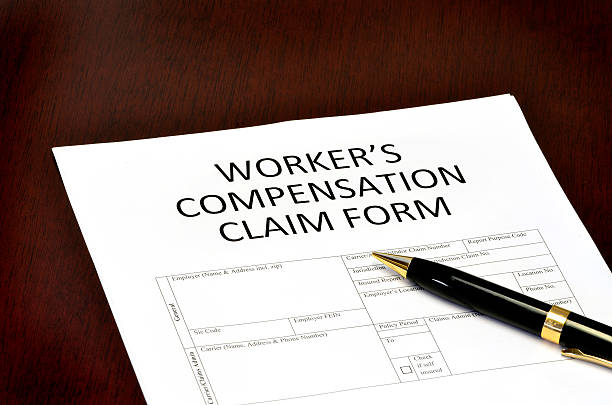Charles Spinelli: Why Businesses Need Workers' Comp
istockphoto.com
Charles Spinelli on the Importance of Workers' Compensation
According to Charles Spinelli, businesses are legally required to have workers' compensation (workers' comp) coverage from the moment they hire their first employee. In most states, businesses are required by law to carry workers' comp insurance, regardless of the number of employees or their industry. You may be required to carry workers' comp coverage even if you're a sole proprietor.
Small businesses, or companies whose employees mainly work desk jobs, tend to skip coverage because they assume that accidents are not likely to occur. Doing so, however, may result in fines and legal penalties. It could also mean that an injury or accident at the workplace involves you in a lawsuit and drains your budget. Carrying workers' comp protects you and your business, says Charles Spinelli.
What coverage do you need?
Numerous factors affect the coverage your business needs, including the history of workplace accidents, the number of employees you have, and their risk exposure. High-risk businesses, such as construction, typically need more coverage and pay higher premiums than businesses where employees do office work.
Depending on your state's requirements, sole proprietors and business owners may not need to purchase personal coverage. While that strategy may save you money in the short term, it could put you at risk in the long term, Charles Spinelli points out.
Business owners must understand the cost-benefit analysis. An owner's health insurance policy often does not cover workplace accidents. The owner may have to pay out of pocket for lost wages or medical bills.
istockphoto.com
What doesn't workers' comp cover?
While workers' comp covers your business in several scenarios, it doesn't protect you in all of them, notes Charles Spinelli.
Workers' comp doesn't cover lawsuits over employee work injuries; it can only cover what the state requires. In many states, workers' comp may not include certain workplace illnesses, injuries, and negligence lawsuits.
To protect yourself against lawsuits, you may need additional types of insurance, such as employer's liability insurance. Employer liability insurance can help pay court costs and other legal fees.
Charles Spinelli suggests consulting a business insurance expert before hiring your first employee to learn how to protect your business in all possible legal scenarios.
Understanding your state's policies
In the United States, the state regulates workers' compensation laws. While state requirements are often identical, notable differences exist, such as when you need to buy coverage.
Your state's regulations also dictate how and when you need to report accidents. If you run a business in Florida, for instance, you need to report claims within seven days after you are notified of an injury or accident.
Charles Spinelli shares important information on human resources on his blogs. Read them on this page.





Comments
Post a Comment